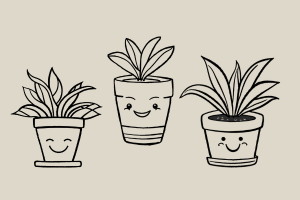
Reviving a Wilting Plant: Ultimate Guide to Bringing Life Back
Understanding the Causes of Wilting and Leaf Loss
Before diving into the revival process, it's crucial to understand why your plant is wilting and losing leaves. Common causes include overwatering, underwatering, insufficient light, pests, diseases, or root issues.
Assessing the Plant's Needs
Carefully examine the plant to determine its specific requirements. Check the soil moisture level, inspect the roots for rot or damage, evaluate the light conditions, and look for signs of pests or diseases.
Revival Steps
1. Adjust Watering
If the plant is wilting due to overwatering, allow the soil to dry out before watering again. For underwatered plants, ensure consistent moisture without waterlogging the roots.
2. Provide Adequate Light
Place the plant in a location with suitable light conditions based on its species. Insufficient light can lead to wilting and leaf loss.
3. Address Pest and Disease Issues
Treat any pest infestations or diseases promptly to prevent further damage to the plant. Use appropriate methods or consult with a plant care expert.
4. Repot or Trim if Necessary
If root rot is detected, consider repotting the plant in fresh, well-draining soil. Trim off any yellow or damaged leaves to encourage new growth.
Post-Revival Care
After implementing the necessary steps for revival, monitor the plant closely. Maintain a consistent care routine, including proper watering, light exposure, and regular inspections for pests and diseases.
Seeking Professional Help
If despite your efforts, the plant shows no improvement or continues to decline, consider seeking advice from a local plant nursery or horticulturist. They can provide personalized guidance based on the plant's specific needs.